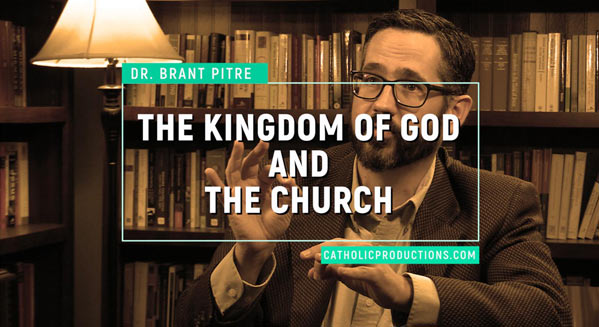I lead a weekly Bible study on the upcoming Sunday’s readings, and it’s been very hard to find a good resource that’s available in time for my Wednesday meetings. This is the most in-depth and helpful tool I’ve found! I love the outlines too - my only wish would be for more discussion questions.
Jesus and the Jewish Roots of Mary (Signed by Dr. Pitre)
The whole Jewish Roots series is fantastic and full of great information.
Can my wife log in with her IPad to watch the Bible reflections on my account? If so, what needs to be done? Same password as mine or would she need her own password?
Hello! You can share the login credentials within your immdediate family/household.
“The Gospels of St. Matthew” video series was incredibly informative and engaging. It brought the text to life in a clear, meaningful way and deepened my understanding far more than I expected. Highly recommend






